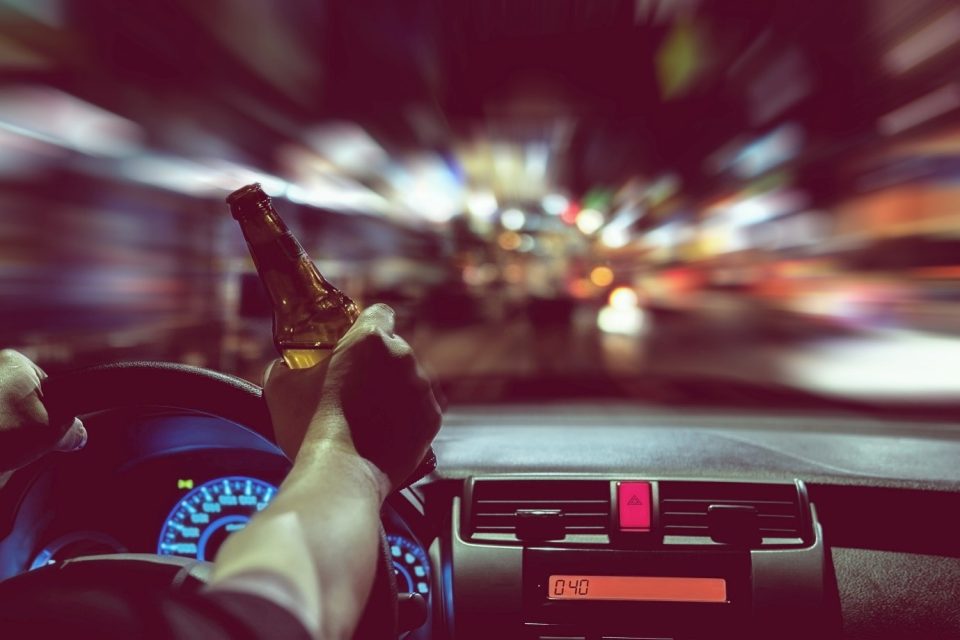According to deputy government spokesman Kharom Polpornklang, the cabinet on Tuesday adopted rules that the Royal Thai Police had recommended to enhance the way drivers are tested for impaired driving.
According to Mr. Kharom, the Office of the Attorney General, the Office of the Court of Justice, and the ministries of justice and public health examined the new regulations, which were written in accordance with Sections 5 and 142 of the Land Transport Act.
The representative stated that the legal limit for alcohol is still 50 milligrammes of alcohol per 100 milliliters of blood, or 0.05%.
He added that although the blood and breath tests for alcohol still work, it is now possible to test for alcohol in other bodily fluids including urine.
If a driver in an accident is suspected of driving under the influence, has broken the law, and declines to submit to a test, the police may conclude that the driver is intoxicated and may file a lawsuit.
Within three hours after notifying the police, if an arrest is made, the suspect must be taken to a hospital for an alcohol evaluation.
Before going into effect, the regulations will be reviewed by the government’s legal advisor, the Council of State, according to Mr. Kharom.




